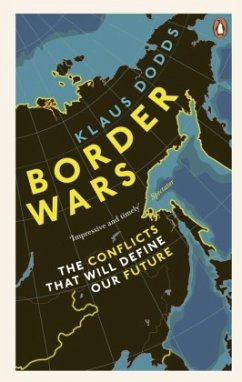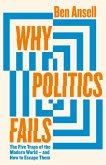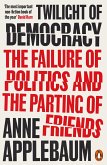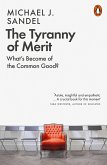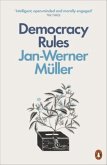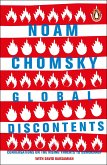How are borders built in the modern world? What does Brexit mean for Ireland's border? And what would happen if Elon Musk declared himself president of the Moon?
In Border Wars, Professor Klaus Dodds takes us on a journey into the geopolitical conflict of tomorrow in an eye-opening tour of the world's best-known, most dangerous and most unexpected border conflicts from the Gaza Strip to the space race.
Along the way, we'll discover just what border truly mean in the modern world: how are they built; what do they mean for citizens and governments; how do they help understand our political past and, most importantly, our diplomatic future?
In Border Wars, Professor Klaus Dodds takes us on a journey into the geopolitical conflict of tomorrow in an eye-opening tour of the world's best-known, most dangerous and most unexpected border conflicts from the Gaza Strip to the space race.
Along the way, we'll discover just what border truly mean in the modern world: how are they built; what do they mean for citizens and governments; how do they help understand our political past and, most importantly, our diplomatic future?

